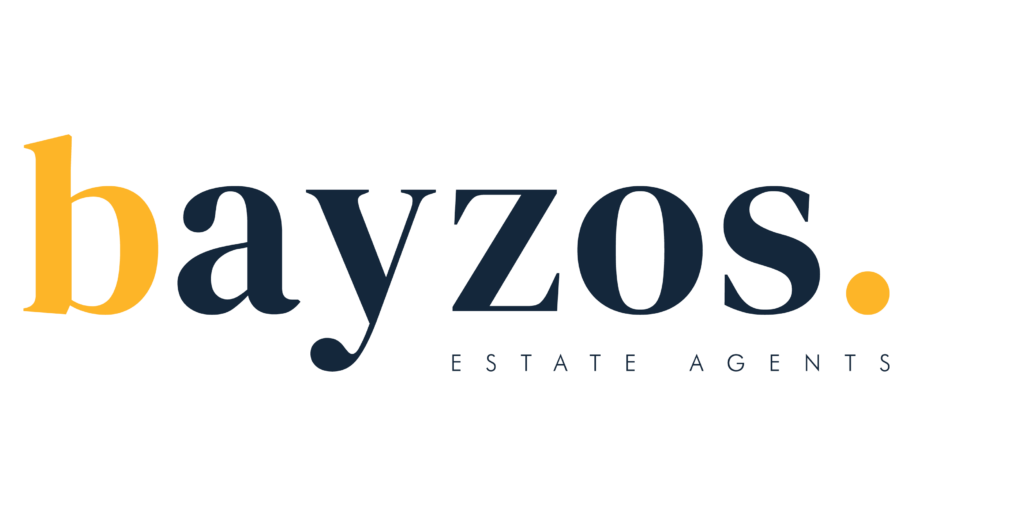After months of rumours, leaks, and plenty of nervous energy from buyers and sellers, the 2025 Autumn Budget has finally landed. Aside from a few headline-grabbing tax changes, there was a big sigh of relief from most homeowners.
But what do these changes actually mean for you?
Here’s our take on the budget and what it means for UK homeowners.
The ‘Mansion Tax’: what you need to know
The big headline was a new annual tax to be paid on homes valued over £2 million as of 2026, to be paid from April 2028.
Here’s what you need to know about the “High Value Council Tax Surcharge” or ‘Mansion Tax’.
- Starts at £2,500 for £2m+ homes
- Up to £7,500 for £5m+ homes
- Paid by the owner, not the occupier
- Bands rise with inflation from 2029/30
What this means:
Only a tiny slice of the market is affected. Treasury estimates suggest fewer than 1% of homes in England will fall into the new bands – yet the process of valuing older, rarely sold homes may cause disputes, delays, and uncertainty in this sector of the market.
Good news for the £500k–£2m housing market
This was the area everyone was watching. Rumours of Stamp Duty changes and a tax overhaul on homes over £500,000 had frozen parts of the market, with thousands of movers delaying decisions.
A Rightmove survey of more than 10,000 movers found that 17% had put their plans on hold because they were unsure how potential property tax changes might affect them.
After yesterday’s budget, it was revealed there will be no new annual tax for this group and no changes to Stamp Duty.
That means:
- Renewed confidence for sellers
- Buyers who’d paused plans are expected to return
- Activity should pick up as we head into 2026
Landlords face a 2% rise in rental income tax
From April 2027, income tax on rent will increase by 2% across all bands, reducing profits for landlords.
What that means:
- Some landlords may raise rents
- Others may choose to sell
- Profitability continues to tighten in the sector following increased legislation
This won’t change day-to-day immediately, but it will shape decision-making in the run-up to 2027.
What the budget means for mortgage rates
Despite the OBR’s accidental early release, the markets stayed fairly level.
Mortgage rates dipped slightly, then bounced, then steadied again.
Longer term, the OBR now expects:
- Mortgage rates to increase from 3.7% to around 5% by 2029
- House price growth to stay steady and sustainable
- Transactions to increase but sit slightly below previous forecasts
According to Moneyfacts, average mortgage rates are lower than they were this time last month
The big picture for the housing market in 2026
For months, 17% of movers told surveyors they had paused their plans waiting for Budget clarity.
The big picture news is that, for a large portion of the market, nothing dramatic is changing.
No new tax on the typical home.
No stamp duty shake-up.
No council tax revaluation.
For landlords and those at the top end of the market, they’ll have time to prepare for changes in 2027 and beyond – time will tell how this will impact the rental sector and mobility within the top 1% of the housing market.
For everyone else? Now the uncertainty has been removed, many homeowners and movers can continue with confidence as we head into 2026.
Been waiting for the budget to plan your next steps?
If you want to know what your home could be worth or how much you could borrow, you’ll find lots of handy tools and calculators here.
Thinking of moving soon? Book a valuation with your dedicated local valuer here.



